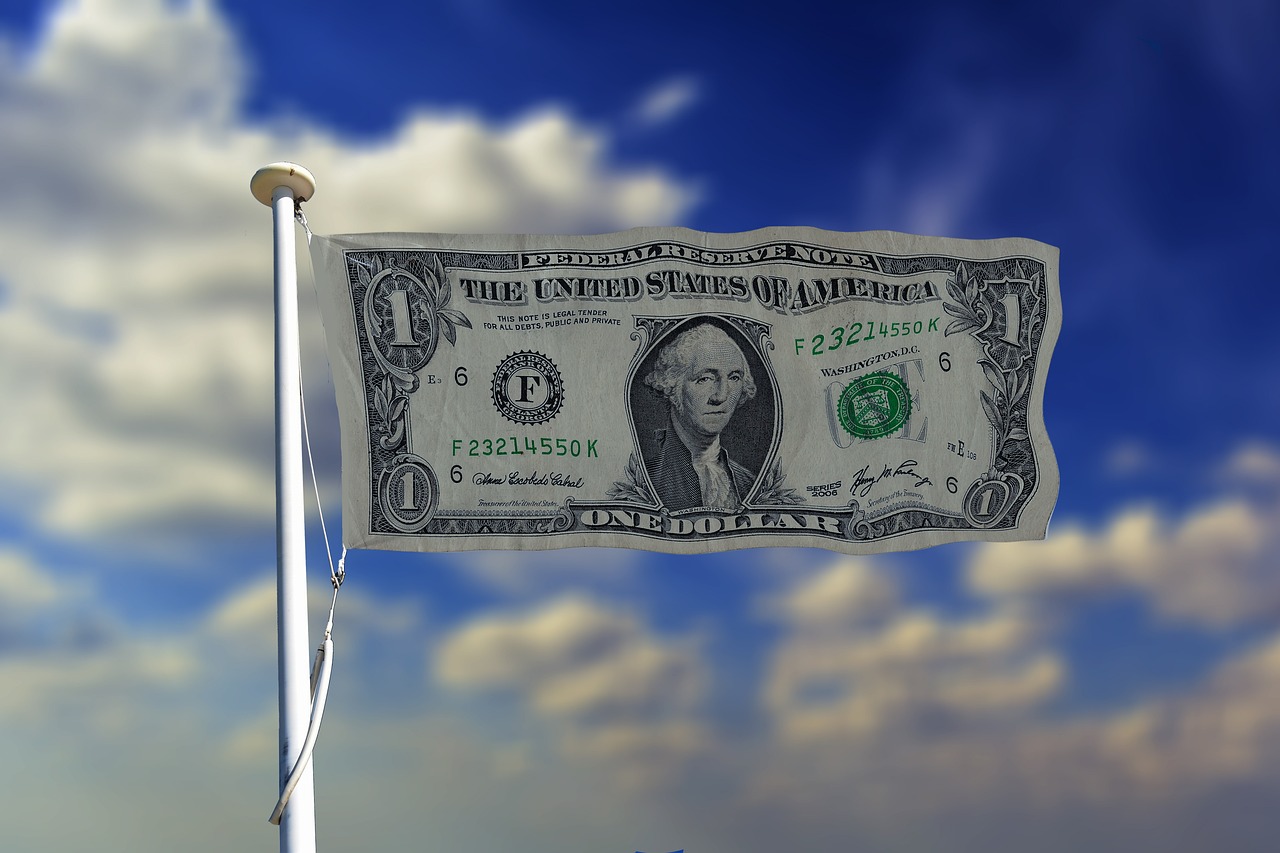
The Israel lobby in the United States is a powerful and multifaceted network of individuals and organizations that work to influence U.S. foreign policy in favor of Israel. This lobby comprises various groups, including prominent organizations like the American Israel Public Affairs Committee (AIPAC) and Christians United for Israel, which have significant influence on U.S. politics and public opinion.
Key Players in the Israel Lobby
- American Israel Public Affairs Committee (AIPAC): AIPAC is one of the most powerful pro-Israel lobbying groups in the U.S. It advocates for policies that support Israel’s interests and has been instrumental in shaping U.S. foreign policy in the Middle East. AIPAC’s influence extends to both the legislative and executive branches of the U.S. government, making it a formidable force in American politics910.
- Christians United for Israel: With over seven million members, Christians United for Israel is the largest pro-Israel organization in the U.S. It mobilizes Christian support for Israel, leveraging religious beliefs and political activism to advance Israel’s interests in the U.S11.
Strategies and Tactics
The Israel lobby employs various strategies to influence U.S. policy, including:
- Campaign Contributions: Pro-Israel groups contribute significantly to political campaigns, supporting candidates who align with their interests. This financial support helps to ensure that pro-Israel voices are represented in Congress and the White House910.
- Lobbying Efforts: The Israel lobby engages in extensive lobbying efforts, advocating for policies that benefit Israel. This includes pushing for military aid, supporting Israel’s security interests, and opposing measures that could be detrimental to Israel’s goals1213.
- Media Influence: The Israel lobby also works to shape public opinion through media outlets. Former employees of pro-Israel lobbying groups often work in prominent news organizations, influencing the narrative on Israel and the Middle East14.
Impact on U.S. Foreign Policy
The influence of the Israel lobby on U.S. foreign policy is profound. It has played a significant role in:
- Military Aid: The U.S. provides substantial military aid to Israel, with the Israel lobby advocating for increased funding and support. This aid is crucial for Israel’s defense and security interests913.
- Diplomatic Support: The Israel lobby works to ensure that the U.S. maintains a strong diplomatic stance in support of Israel, often advocating for Israel’s interests in international forums and negotiations1213.
- Public Opinion: The lobby’s efforts to shape public opinion have been successful in garnering support for Israel among the American public, particularly among evangelical Christians and other pro-Israel groups1114.
Criticisms and Controversies
Despite its influence, the Israel lobby faces criticisms and controversies, including:
- Bias in Media Reporting: Critics argue that the Israel lobby’s influence on media outlets results in biased reporting that favors Israel and overlooks Palestinian perspectives14.
- Undue Influence: Some critics contend that the Israel lobby has an disproportionate influence on U.S. foreign policy, prioritizing Israel’s interests over those of the U.S. and other allies1315.
- Suppression of Dissent: The lobby has been accused of suppressing dissenting voices, particularly those critical of Israel’s policies, through smear campaigns and political pressure10.
Conclusion
The Israel lobby’s influence on U.S. foreign policy is a complex and contentious issue. While it plays a significant role in advancing Israel’s interests, it also raises important questions about the balance of power and the representation of diverse perspectives in American politics. As the U.S. continues to navigate its role in the Middle East, it is crucial to consider the impact of the Israel lobby and strive for a more nuanced and inclusive approach to foreign policy.
- AIPAC. “AIPAC.” Source
- OpenSecrets. “Pro-Israel Summary.” Source
- Harvard Kennedy School. “The Israel Lobby and U.S. Foreign Policy.” Source
- Amazon. “The Israel Lobby and U.S. Foreign Policy.” Source
- Bought by Zionism. “AIPAC & Zionist Lobby Groups.” Source
- MintPress News. “Revealed: The Israel Lobbyists Writing America’s News.” Source
- Track AIPAC. “Track Your Congressmembers’ Connections to the Israel Lobby.” Source
- ZeroHedge. “Why’s Israel Reportedly Lobbying The US To Keep Russia’s Bases In Syria?” Source